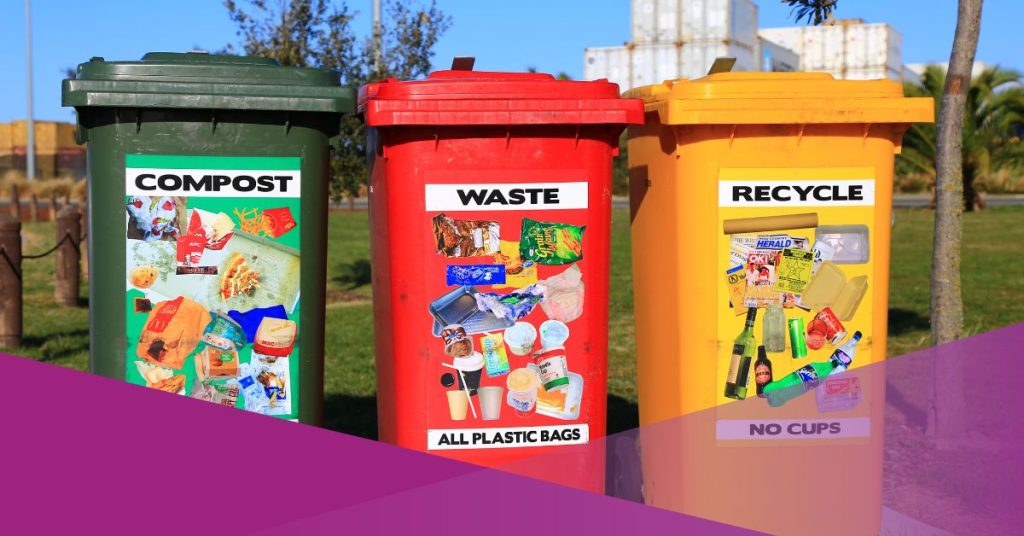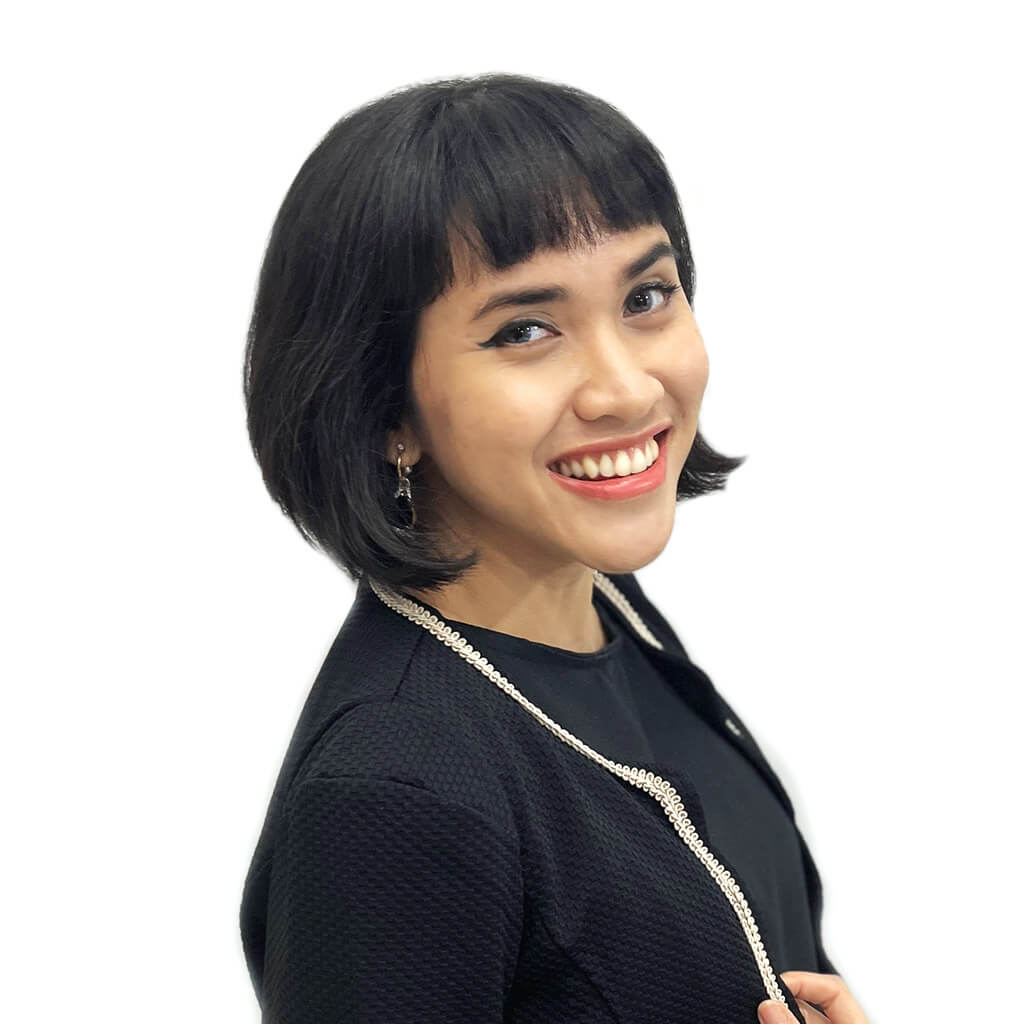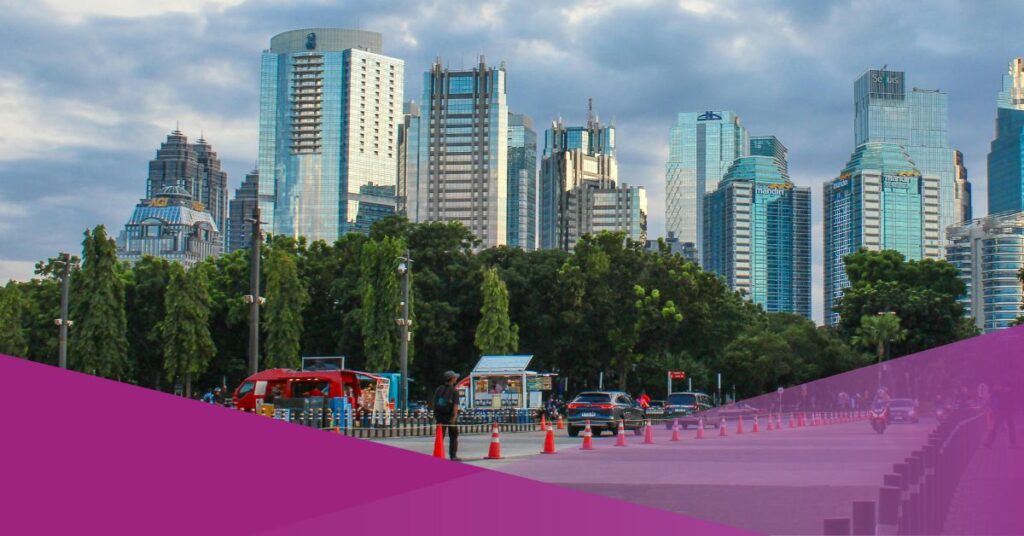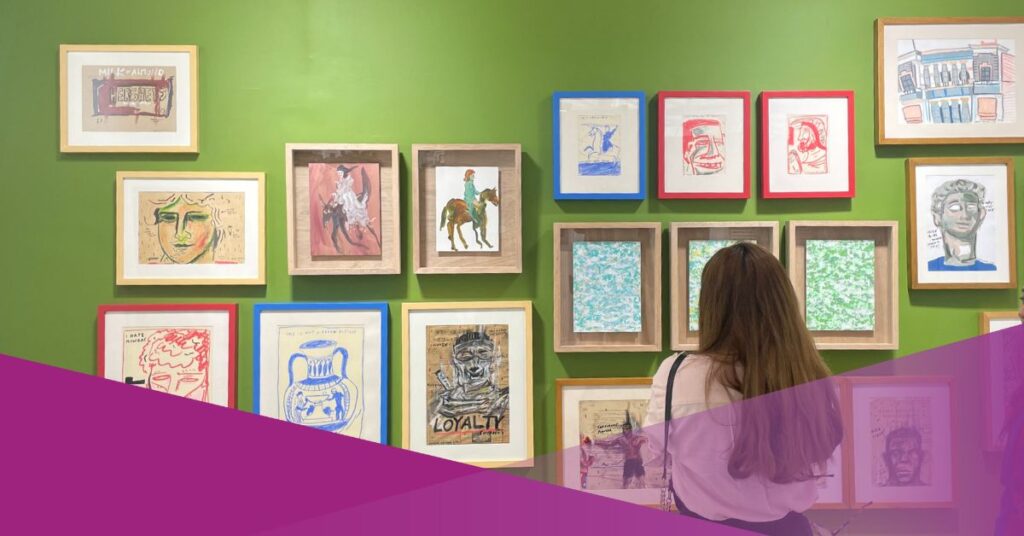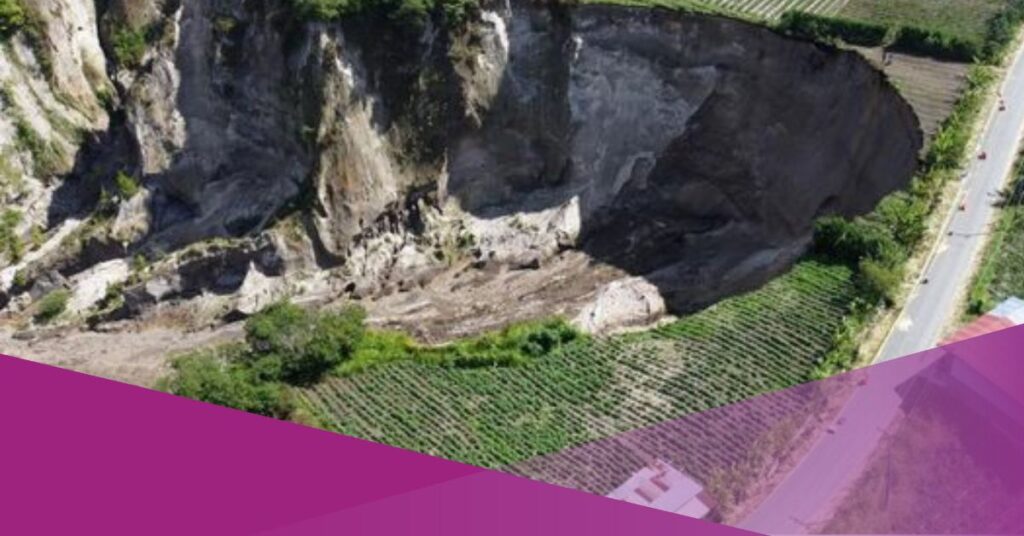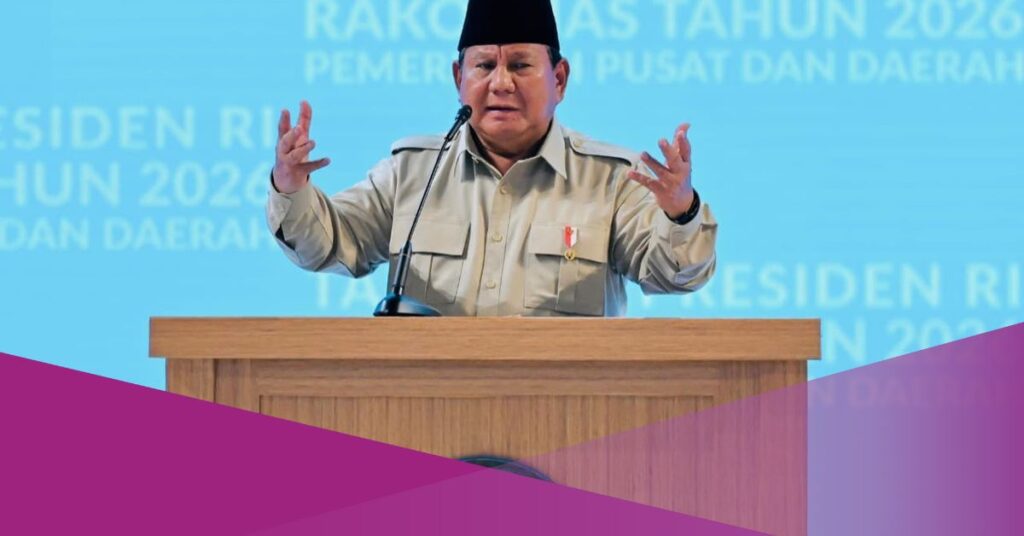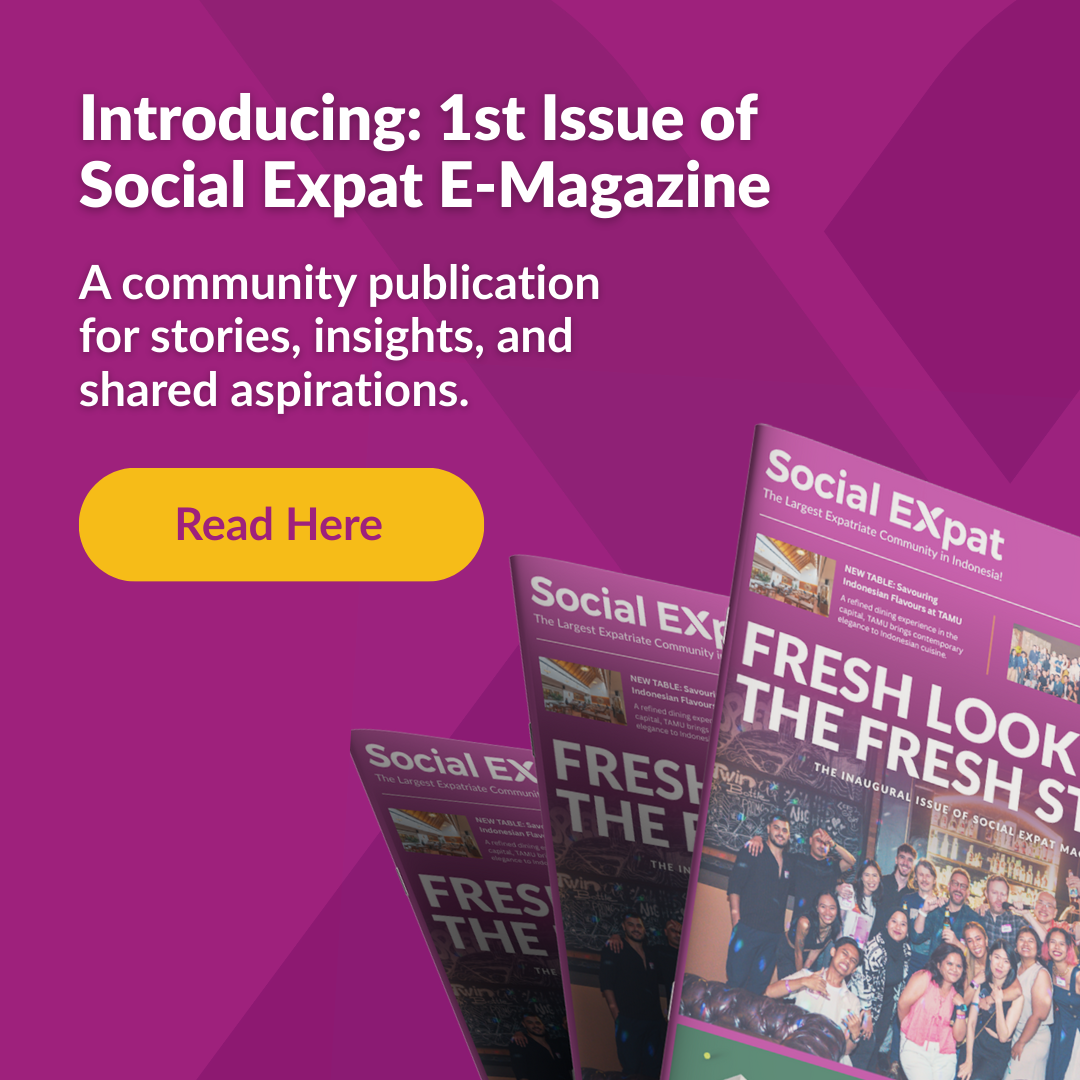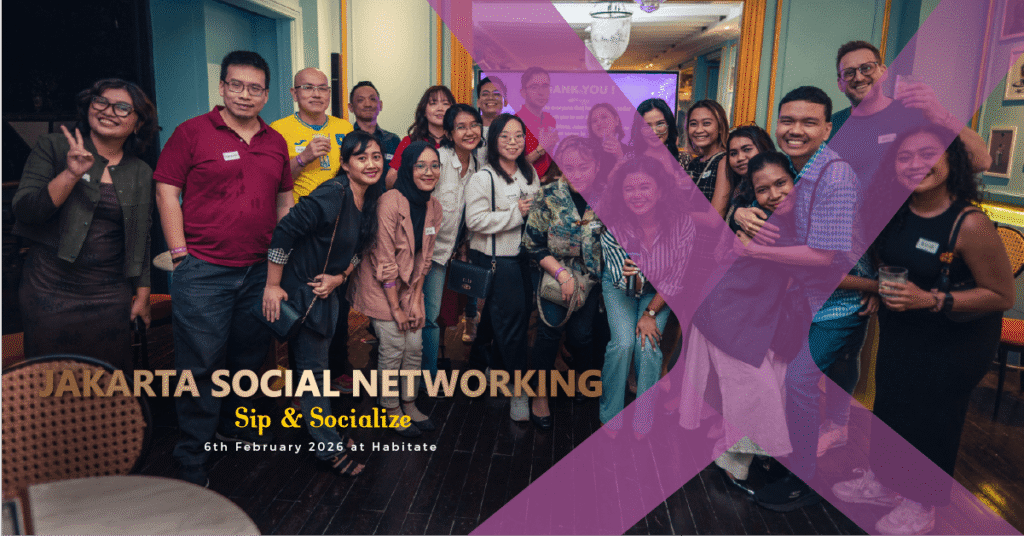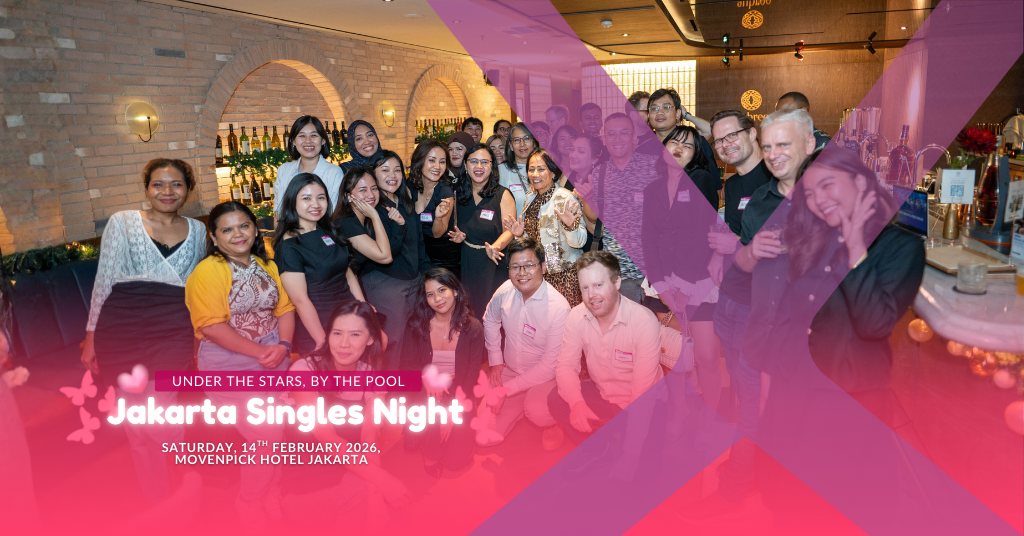Bali is a small island but accommodates a number of people and activities, which leads to a huge amount of waste daily. Knowing Bali and its people and culture, we are sure that you would not be surprised when you are reading the title. It can be our takeaways or something to be implemented in other parts of Indonesia. Ladies and gentlemen, here are the things you need to know about Bali’s community-based waste management:
How do People Do It?
NGOs and some business ventures already have taken some part in it. They work and collaborate with Banjars business owners, event organisers and villa owners to collect the waste and give training to the locals to sort the type of waste. Some of them offer to pick up the waste themselves. Different types of waste will have different kinds of treatment in the sorting center. Food waste goes to the compost facility while plastics one goes to the recycling facility.
An Opportunity for Foreign Investors
Waste management business opportunities are huge in Bali. They operate in several niches in their space, particularly accessible and cost-effective infrastructure in the waste management and recycling sector. A handful of expats are already into it, you can make yourself be part of it while contributing to restoring the beauty of the island.
120 Tons of Waste A Day
TPST Samtaku Jimbaran (Integrated Waste Management Facility) manages 120 tons of waste in a day. It processes organic and inorganic waste into compost, recycled materials and refuse-derived fuel (RDF) materials. This facility which is managed by PT Reciki Solusi Indonesia was built in a 5000 sqm. Zero Waste to Landfill management method, or the collected waste will be managed so that it can be fully reused. Samtaku collaborates with a number of traditional villages and private waste managers in the South Kuta area.
A Plan for Expansion
PT Reciki plans to add another TPST in the Mengwi area, Badung Regency with funding from investment management company Circulate Capital through the Circulate Capital Ocean Fund (CCOF) managed fund. The investment is facilitated through loan guarantees provided by the U.S. The International Development Finance Corporation (DFC) collaborates with the United States Agency for International Development (USAID). Funding from the Ocean Fund also enabled PT Reciki to build several new facilities in East Java and Bali. Other than that, PT Reciki also collaborates with a corporation, such as Danone.
A Collaboration With Danone-Aqua
As the biggest plastic bottle producer, Danone felt the responsibility to work to spread knowledge and encourage behavior change. The bottles are collected to be recycled at this site. It runs partnerships for recycling used plastic bottles with local partners in 17 districts or cities across Indonesia. These facilities have helped to collect at least 13,000 tons of used plastic bottles per year and provide jobs for over 9,000 scavengers.
What did you find interesting about it? Do you have any future plans to contribute to a more sustainable living environment in Bali? You are welcome to share this article with your friends who might be interested!
